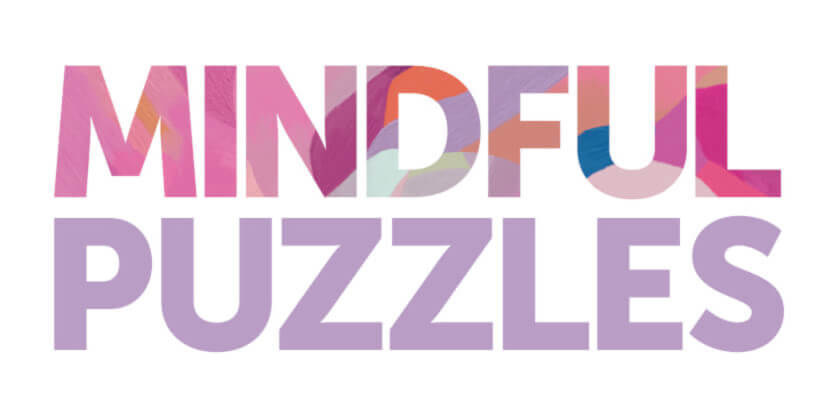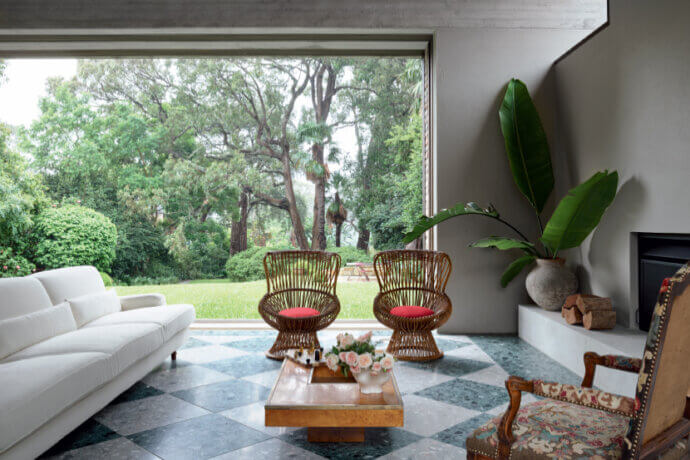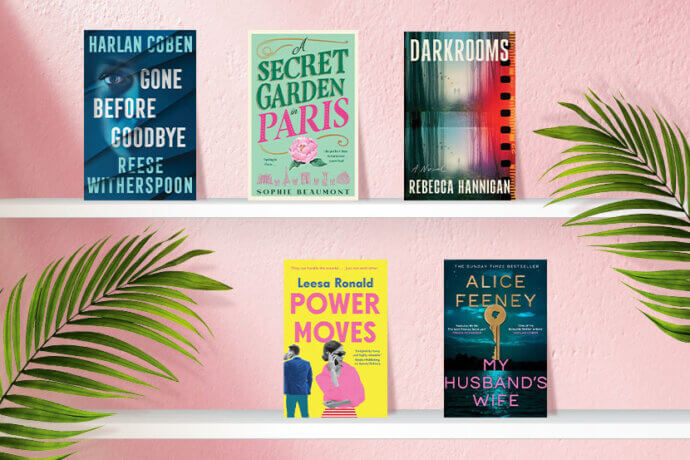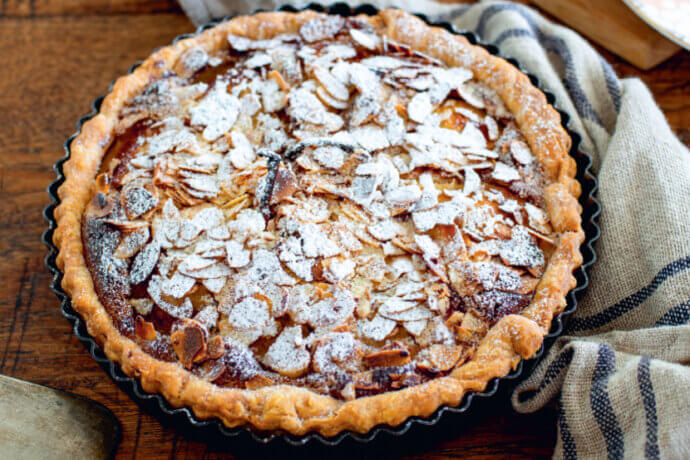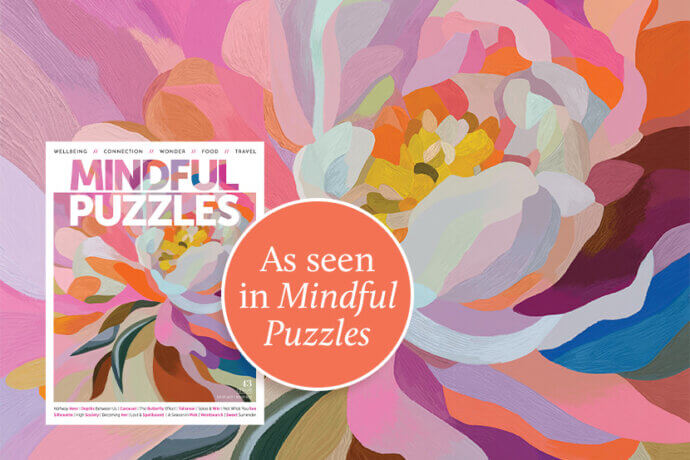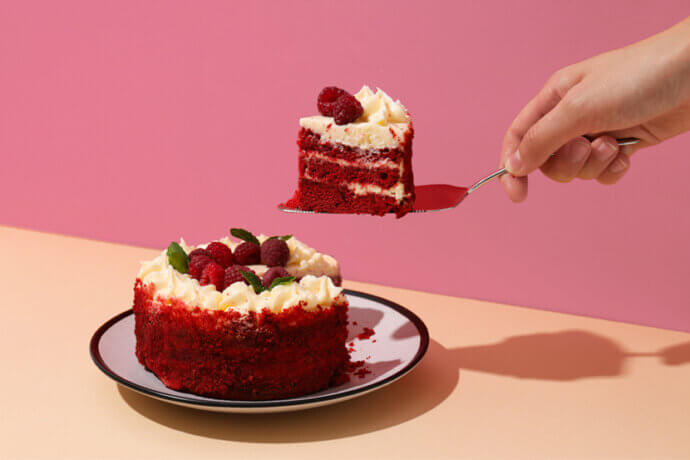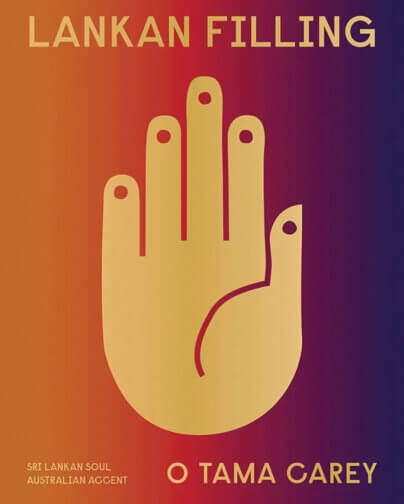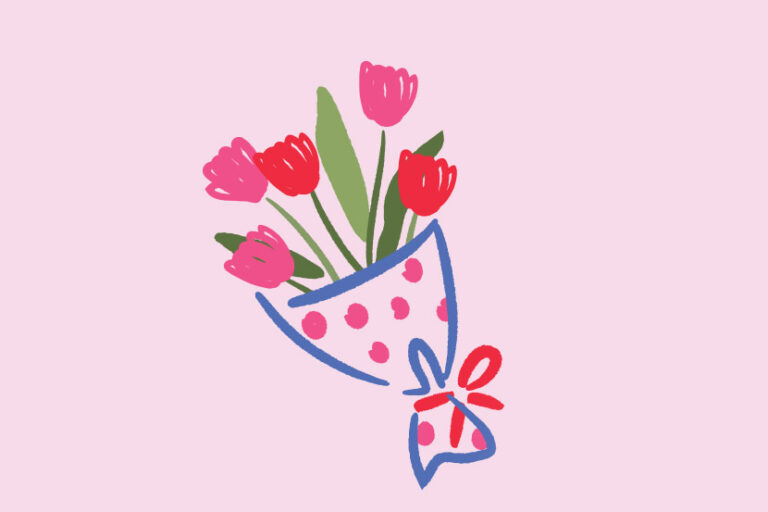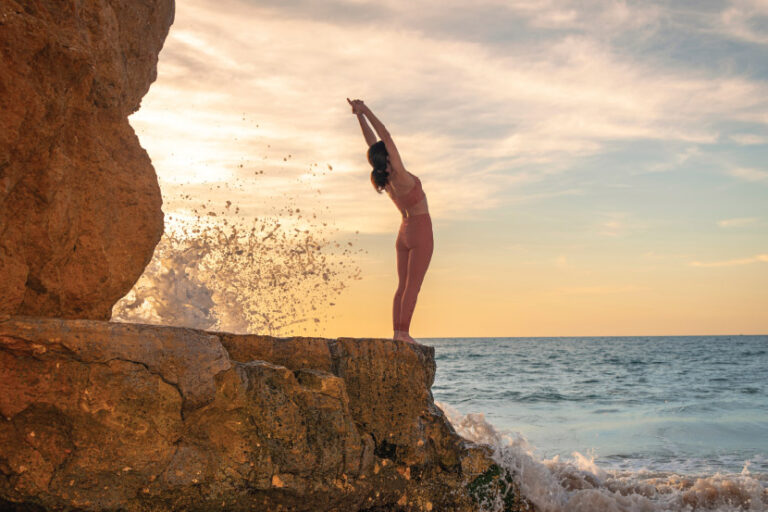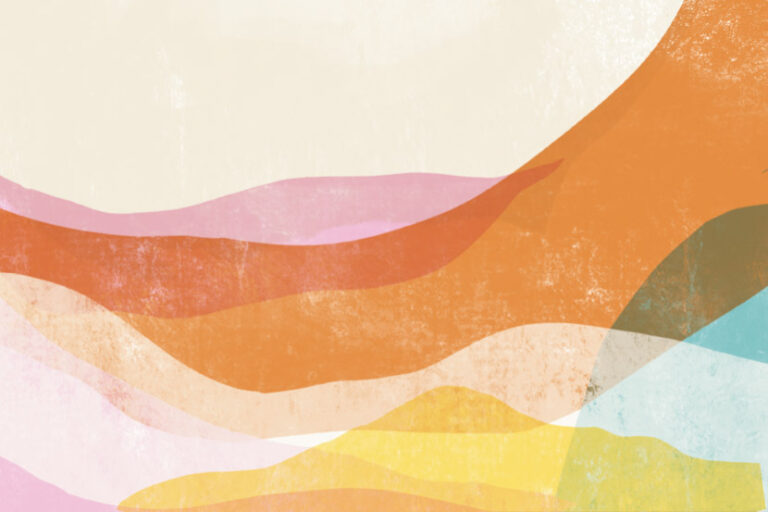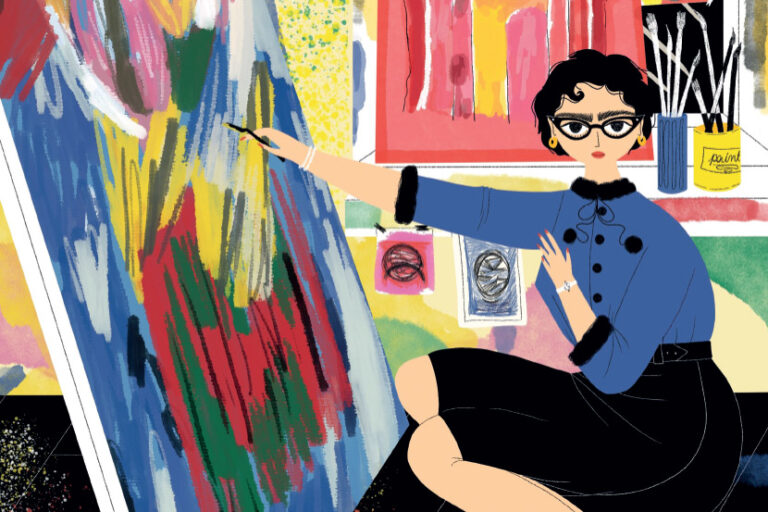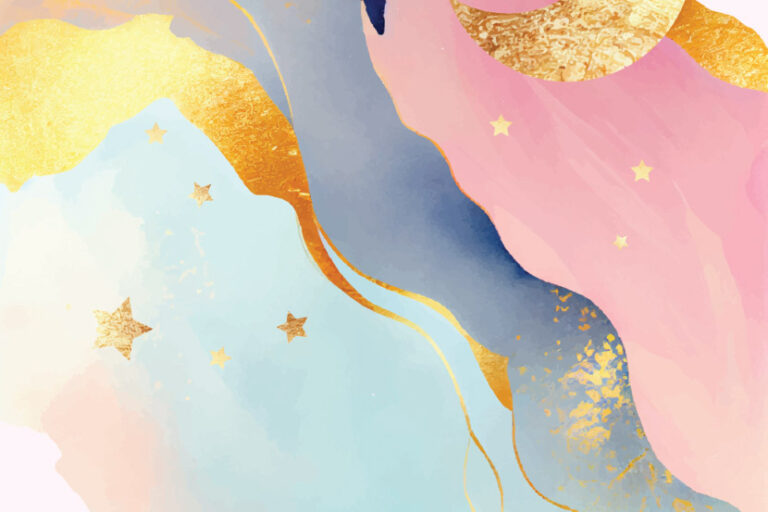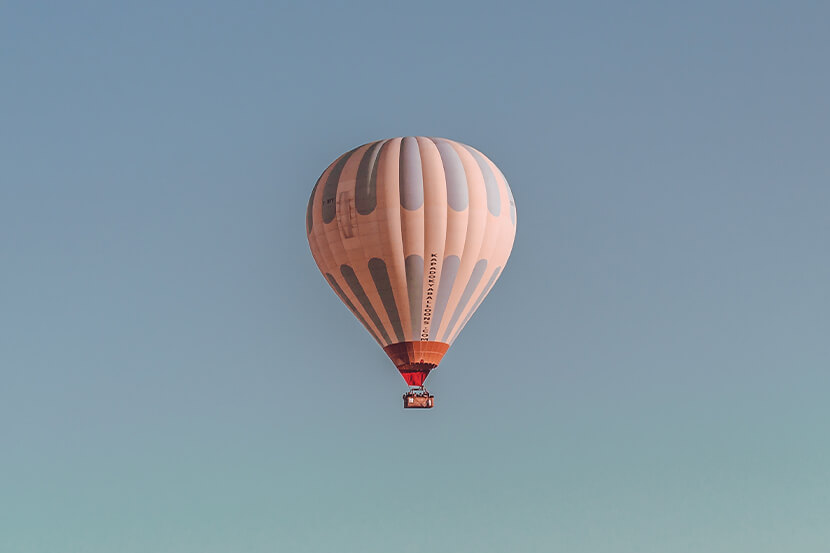
Alex Reszelska spent six long months of lockdown not drinking alcohol and discovered the unexpected joy of being sober.
“Modern sobriety means that instead of being powerless, women can be powerful. It unleashes the bigness of you, not the smallness.” – Shari Hampton
On one of the first days of the second Australian lockdown, I decided to go cold turkey and quit alcohol. Unbeknown to me at the time, my commitment to sobriety would last six solid months (half a year!). And the only reason for breaking the dry spell was the immense social pressures of ‘farewell COVID’ dinners with my community, where I truly felt the need to raise a glass to the occasion.
Exploring mindful drinking
In 2017, British journalist Rosamund Dean wrote a book about revisiting her relationship with alcohol titled Mindful Drinking: How to break up with alcohol. In it, she explained that drinking had become her habit and a crutch in difficult times. “It was going to the work event where there was a nasty, cheap white wine and knocking it back – or putting the kids in bed after a busy day and cracking a bottle open. It was the drinking without really thinking about it that was the problem,” Dean admitted. So, she tried to quit and start “drinking mindfully”, which translates to “bringing awareness to your behaviours in terms of the decision to drink alcohol”. For example, it could mean restricting which days of the week are AF (alcohol-free) or how many cocktails you’ll consume on a given night out – and then simply sticking to the plan.
However, I had some issues with this approach. I had tried it before, and it never worked for me. Balance in life is tricky. I much prefer the black-and-white scenario of not drinking at all. So, I referred back to another quit-lit title (literature supporting a goal to stop drinking): Ruby Warrington’s 2018 bestseller, Sober Curious: The blissful sleep, greater focus, limitless presence, and deep connection awaiting us all on the other side of alcohol. In the book, Warrington revealed that she came up with the term sober-curious because she needed a playful, fun, and non-judgemental way to check how life could look without alcohol.
The start of sober-curious
That’s how I decided to become sober-curious for a while. And I wasn’t alone. Throughout lockdown and beyond, many Australians chose to quit or restrict their alcohol consumption. Kate Toon, an Australian-British digital marketing entrepreneur, has openly admitted that she goes on alcohol detoxes a couple of times a year because it makes her a better human.
“Last year, I did four 30-day challenges, and this year I started another – I’m 100 days in and counting. The biggest impact of non-drinking has been on my mindset. My chronic anxiety has lifted, my mood swings are gone. I sleep better, eat better, laugh more. I’m more committed to my goals. I’m nicer and less angry. It’s 100 percent worth it,” Kate admits.
For me, choosing sobriety has been an interesting form of liberation and aspiration. Even though circumstances were grim – we were all in the throes of the pandemic with no relief in sight – I managed to create the life I’ve always wanted to have. I became calmer, exercised more, and finally had time for hobbies, playing with my kids, and easy, relaxing mornings. Shari Hampton from Served Up Sober, a support group for women who want to quit, says that “modern sobriety means that instead of being powerless, women can be powerful. It unleashes the bigness of you, not the smallness.”
WORDS: Alex Reszelska
This article was originally published in Issue 29 – Flights of Fancy. You can purchase this issue and enjoy more enchanting content here.
